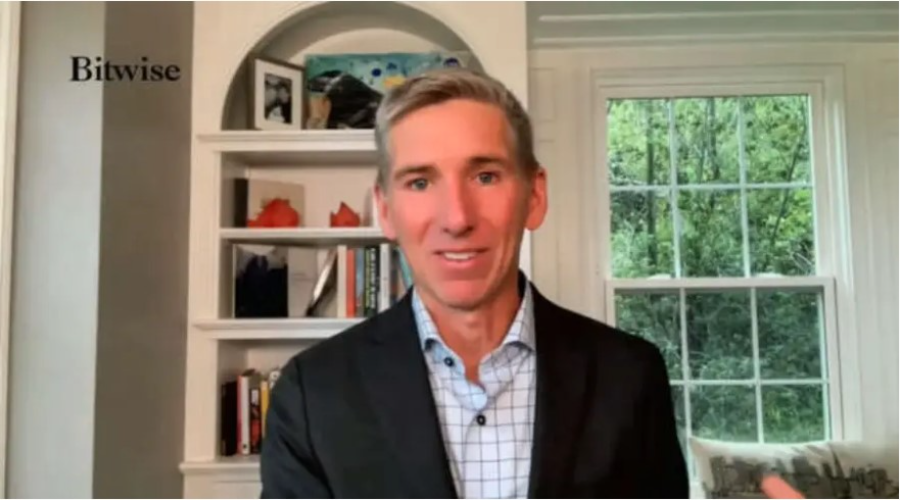Anxiety, fear, stress and distress regarding personal problems or challenges at work are among the main causes of difficulty sleeping . In view of this, the search for pharmacological and natural alternatives to combat insomnia has grown among Brazilians.
A survey carried out by Timelens, a business consultancy based on data and insights from the FutureBrand ecosystem, analyzed the growth in the consumption of sleeping products, including the medication Zolpidem and the melatonin supplement, known as the sleep hormone.
According to the survey, more than 17.5 million searches were carried out on Google last year for melatonin. Since its approval by the National Health Surveillance Agency (Anvisa) in 2021, the volume of searches for the supplement has increased sixfold on the platform, according to the analysis.
Next comes searches for “Zolpidem,” which totaled 9.8 million in the last year. The terms “tea to sleep” and “magnesium inositol” appear next, with 1.7 million and 1.2 million searches, respectively.
The survey also mapped Brazilians’ searches for sleeping pills on Google. The first term to be analyzed was “sleeping pills”, which accumulated more than 29 million searches on the platform in the last five years. The months with the highest searches were May (10%), April, January and July (all with 9%), followed by June, October, February and December (8%), September (7%) and November (6%).
Among the drugs with the highest growth in searches, Zolpidem is the leader (+240%), followed by Clonazepam (+220%). On the other hand, searches for “over-the-counter sleeping pills” have increased by 1,450% in the last five years, according to the survey. The analyses were performed using tools such as Google Trends and Google Ads, based on keywords defined for the investigation.
“The data shows us that Brazilians are not just looking for medicine, but for help. Searches for melatonin, mattresses and sleeping teas are also significant, showing that interest goes beyond medicine; users are looking for comfort,” says André Matias, CEO of Timelens and Managing Partner at FutureBrand São Paulo, CNN .
In the last five years, more have been published of 20.8 million mentions indicating tiredness or exhaustion on social media. In addition, there was a total of 11.6 million mentions expressing difficulty sleeping. Among the main causes attributed to lack of sleep on the internet are anxiety/distress (26%), discomfort (22%), noise and climate (13%), substances/drugs (3%) and fear (2%).
The analysis of mentions was carried out on social networks, forums and blogs from 2019 to 2024. After selecting a sample space of 1,500 mentions, criteria defined based on the research objectives were determined for the analysis. All mentions that expressed some difficulty sleeping were considered: “no sleep”, “can’t sleep”, “insomnia”, among others.
Searches for “Zolpidem” grew more in Brazil than in the United States
The survey also compared searches for “Zolpidem” in Brazil with searches in the United States, a country with a high rate of consumption of sleeping pills. According to the study, in recent years, the gross volume of searches in Brazil was 52,943,100, while in the US it was 19,798,080 (+167%).
In Brazil, there has been growth in searches over the last few years, with an average of 202,000 weekly searches and peaks in August 2022 (572,000 and 526,000). In addition, there was also growth in May of this year (400,000). In the US, searches for the drug remain little variable, with an average of 75,000 weekly searches and a peak last April (123,000).
“Brazilians are extremely aware of what is happening online, and Zolpidem went viral on social media, which probably sparked curiosity about the drug in the country, which reflected interest in Google searches for the product,” says Matias.
The survey also indicates that, although the Federal District is the leader in searches for the drug on the internet, São Paulo is the state with the highest number of Zolpidem sales, totaling more than 122 million boxes sold. The data was collected from DataSUS.
Dangers of misusing Zolpidem and melatonin
Zolpidem is a medication from the hypnotic family, which acts on the body by inducing sleep and should only be used for a short period of time — according to the National Health Surveillance Agency (Anvisa), its use should not exceed four weeks. Therefore, it is indicated for the treatment of temporary or occasional insomnia.
“Treatment beyond the maximum period should not be extended without reassessing the patient’s condition, as the risk of abuse and dependence increases with the dose and duration of treatment,” the agency says. In addition, improper use of the drug facilitates the occurrence of side effects such as sleepwalking, memory blackouts, hallucinations, among others.
Given the increase in reports of irregular and abusive use of Zolpidem, Anvisa increased control over the prescription and sale of the drug in Brazil in May of this year.
Melatonin, despite being a natural supplement, can also have side effects and negative points when used improperly and without a prescription.
In an interview with CNN Cristina Ribeiro de Barros Cardoso, professor of immunology and neuroimmunoendocrinology at the Faculty of Pharmaceutical Sciences of Ribeirão Preto at USP, highlighted the importance of this care.
“It is a hormone and, like other hormones in our body, there is a very fine regulation of the interaction between these hormones and immunity,” highlighted the professor.
Taking the hormone as a supplement is safe, as long as the intake is in accordance with Anvisa’s recommendations and the patient is outside the contraindication groups.
Before consuming the supplement, it is important to consult a doctor to ensure correct use according to the needs of each organism.
*With information from Fernanda Pinotti and Sandee LaMotte, from CNN
This content was originally published in Searches for sleeping pills and melatonin grow in Brazil, says survey on the CNN Brasil website.
Source: CNN Brasil
I am an experienced journalist and writer with a career in the news industry. My focus is on covering Top News stories for World Stock Market, where I provide comprehensive analysis and commentary on markets around the world. I have expertise in writing both long-form articles and shorter pieces that deliver timely, relevant updates to readers.







